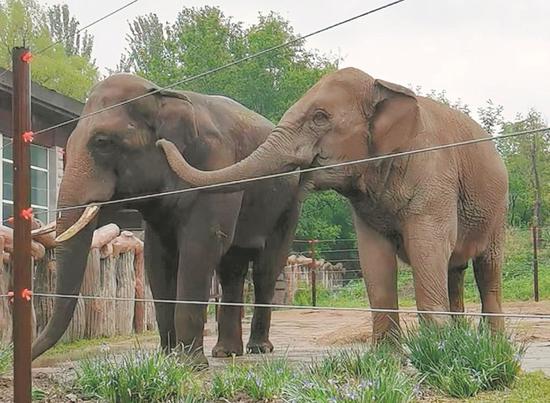
Xixi (left) and Angya at the Changchun Zoological and Botanical Garden in Jilin province. (CHINA DAILY)
The Changchun Zoological and Botanical Garden in Jilin province is abuzz with excitement after a new male elephant, Xixi, was introduced to resident female Angya.
The pairing, which has ended Angya's solitary life, could contribute to the conservation of Asian elephants in China.
After several days together, Angya and Xixi had some intimate interactions in their enclosure, attracting lots of visitors.
Angya, 39, has been living at the zoo for 34 years and was previously the only Asian elephant in Jilin.
Three years ago, the garden began seeking a mate for her. Xixi, 26, was found to be a suitable candidate, and he arrived from Chongqing on May 20.
"With the strong support of the National Forestry and Grassland Administration and the Chinese Association of Zoological Gardens, after extensive communication and coordination, we finally reached a cooperation and breeding agreement with Chongqing Zoo in 2023," said Jia She, the deputy director of the Changchun zoo, describing Xixi as an "energetic animal star".
Asian elephants can live up to 70 years. Their mating season is in July and August, and females typically give birth to just one offspring at a time after a gestation period of around 22 months.
"Angya is middle-aged, and Xixi is still young and strong," Jia said. "We hope to see their loving story and their offspring soon at the garden."
To facilitate the successful union of Angya and Xixi, both zoos undertook extensive preparatory work, including on-site inspections, enclosure reinforcement, behavioral training, transport preparation and habitat arrangement, to ensure the elephants' safety and create a comfortable environment for Xixi's arrival.
"This collaboration for breeding between Angya and Xixi is the first of its kind for Asian elephants in China, which will inject fresh blood into the genetic diversity of the captive Asian elephant population in China and open a new chapter for the cooperative breeding of rare and endangered species in China," Jia said. "It is also the first time in recent years that there are two elephants meeting with the public in our garden."
The zoos plan to keep the two elephants together for three years.
Zhang Hongjun, who has been Angya's keeper since she was 5 years old, and his colleagues reinforced and decorated the elephant enclosure to celebrate Angya's and Xixi's union.
"After Xixi's arrival, Angya and Xixi first got acquainted through a fence between their enclosures and familiarized themselves with each other's scents," he said. "To help Xixi adapt to the environment better, in addition to the main diet of grass, we added bananas, apples, carrots, greens and watermelons to increase nutrients."
A week later, the two elephants successfully cohabited and appeared together in the outdoor exhibition area.
"Angya has always been gentle, while Xixi is a bit mischievous," he said. "However, it seems that they are getting along harmoniously now."
He also noticed a good sign — the two elephants leaning against each other — indicating they were communicating on an emotional level.
"We also hope that the public can continue to pay attention to and love Asian elephants, witness the reproduction of rare animals, protect biodiversity with practical actions and contribute to the promotion of an ecological civilization," Jia said.












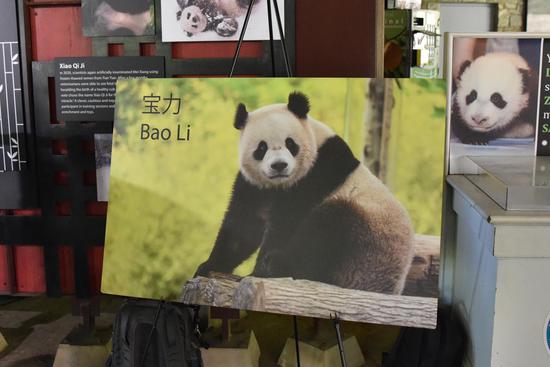

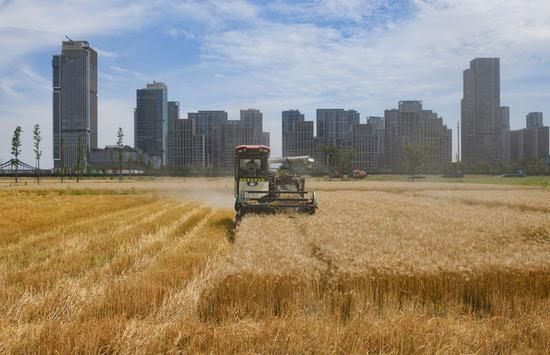



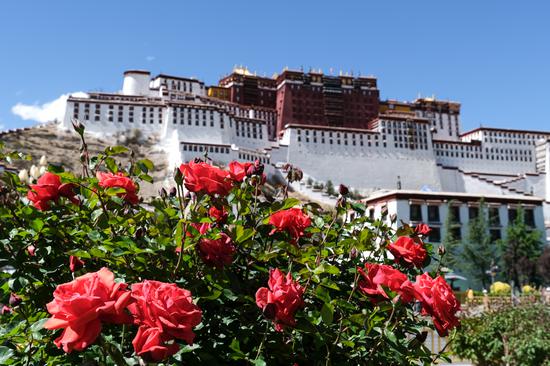







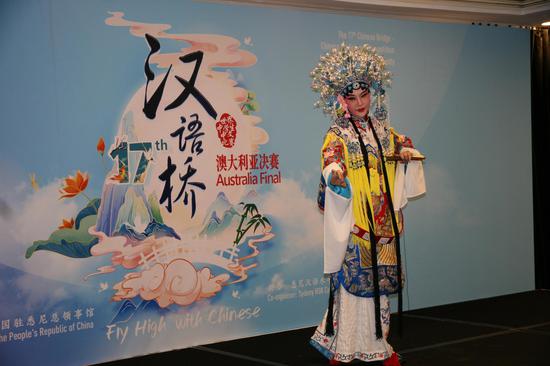
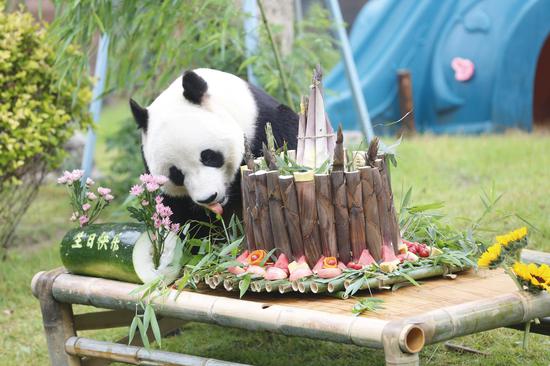



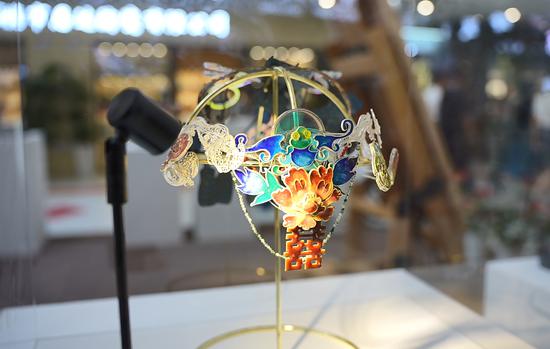
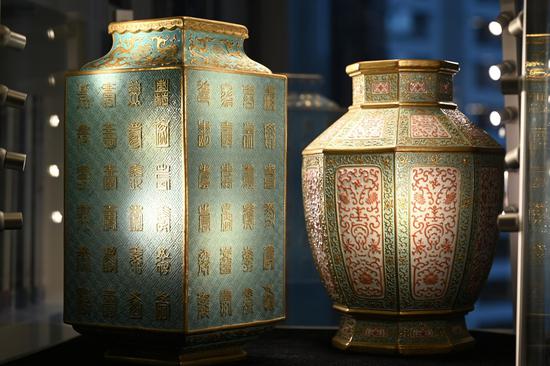



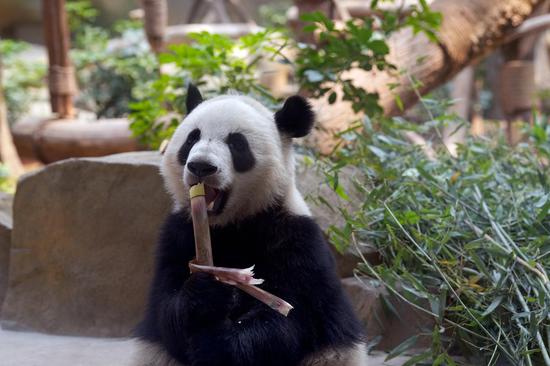













 京公网安备 11010202009201号
京公网安备 11010202009201号